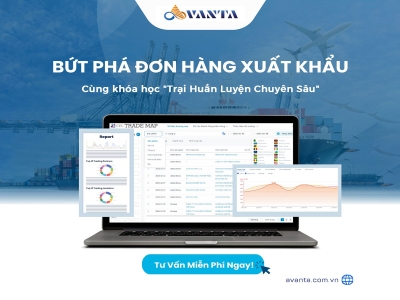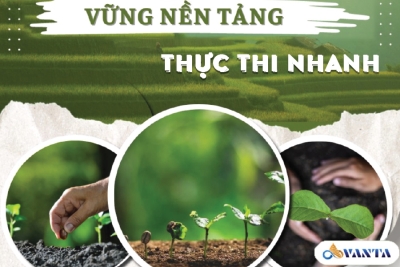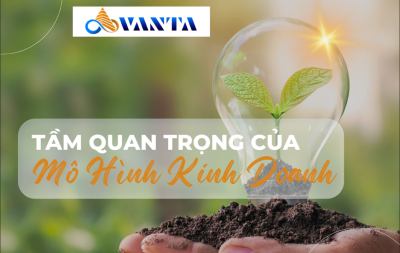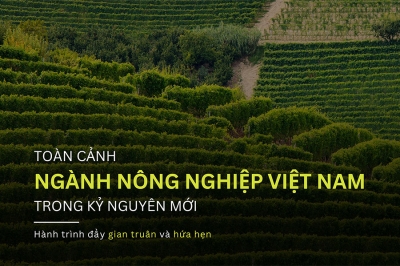THE AGRICULTURE TREND
SUSTAINABLE AGRICULTURE - A PROMINENT TREND SHAPING THE FUTURE OF THE AGRICULTURAL INDUSTRY
The world is currently facing numerous serious challenges, including climate change, water scarcity, environmental pollution, and agriculture is not exempt from these trends when it comes to food and food security. In this context, sustainable agriculture is seen as an urgent solution to address the challenges of the agricultural sector and protect the environment.

1.WHAT IS SUSTAINABLE AGRICULTURE?
Sustainable agriculture is a system of crop production and food processing that does not harm the environment, maintains the health of soil and water, protects the health of humans and farming communities, and preserves biodiversity. The goal of sustainable agriculture is to optimize agricultural efficiency while minimizing negative impacts on the environment.
2. CULTIVATION METHODS
Sustainable agriculture involves various cultivation methods, each with its own advantages and disadvantages. Some notable methods include:
Organic farming: Organic farming utilizes natural nutrients, limits the use of chemical fertilizers and pesticides, and can improve soil quality, enhance biodiversity, and reduce environmental pollution.
Crop rotation: Crop rotation utilizes resources from within the agricultural system, reducing reliance on external sources. It can minimize resource waste, protect the environment, and enhance crop productivity.
Agroecology: Agroecology employs agricultural ecosystems to produce food, minimizing human impact on the environment. It helps enhance biodiversity, protect the environment, and improve the quality of agricultural products.
3. BENEFITS OF APPLYING SUSTAINABLE AGRICULTURE
As a future-oriented trend, sustainable agriculture brings numerous benefits to the environment, society, and the economy, including:
Environmental protection: Sustainable cultivation methods can help minimize soil, water, and air pollution, protect ecosystems, and preserve biodiversity.
Enhanced food security: Sustainable cultivation methods can increase crop productivity, reduce risks from climate change, and ensure food security.
Improved quality of life: Sustainable cultivation methods can enhance the quality of agricultural products, minimize the negative impacts of agriculture on human health.
With the aforementioned benefits, sustainable agriculture is viewed as a solution to ensure food security, protect the environment, and promote sustainable economic development.
Source:
Sustainable Agriculture: Definitions and Principles (FAO, 2023)
Sustainable Agriculture: A Guide for Farmers
The Impact of Sustainable Agriculture on the Environment
 VN
VN















